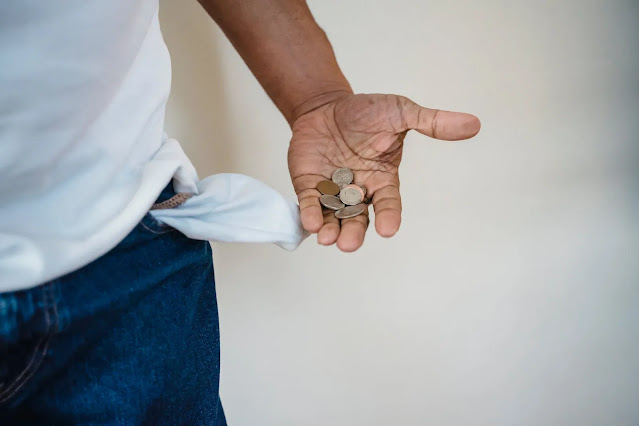The cycle of poverty is a challenging pattern to break, and one might wonder why some individuals, even when presented with opportunities to improve their financial situation, choose to remain in poverty. The answer often lies in the concept of the comfort zone—a psychological state where familiarity and security outweigh the desire for change. In this article, we will explore why some people opt to stay in their comfort zones, despite the allure of financial growth, and how joining our education team can provide a pathway to a brighter future.
Fear of the Unknown
One of the primary reasons people remain in poverty is the fear of the unknown. Stepping out of one’s comfort zone can be intimidating. The prospect of change—new responsibilities, unfamiliar environments, and different social circles—can trigger anxiety and reluctance. Many people prefer the safety of the familiar, even if it means staying in a less-than-ideal financial situation.
Psychological Comfort
Human beings are creatures of habit, and our minds seek patterns and routines that provide psychological comfort. Poverty, while challenging, can become psychologically comfortable when it becomes a familiar way of life. People adapt to their circumstances and develop coping strategies that make poverty feel less daunting than the uncertainty of change.
Risk Aversion
Poverty often carries a lower perceived risk compared to pursuing new opportunities. Many individuals weigh the perceived risks of change against the potential benefits and choose to stay where they are. The fear of failure or financial setbacks can deter them from taking the leap into the unknown, even when presented with opportunities for improvement.
Lack of Self-Confidence
Low self-esteem and a lack of self-confidence can prevent individuals from pursuing opportunities for financial growth. They may believe that they are not capable of success or that they do not deserve a better life. These negative self-perceptions can keep them trapped in poverty, despite external opportunities.
External Pressures
Social and familial pressures can also play a significant role in individuals’ decisions to remain in poverty. They may feel obligated to stay close to home to provide support to family members or adhere to cultural norms that discourage seeking new opportunities. These external pressures can create a sense of duty that outweighs personal aspirations.
Offering a Path to Transformation
While the comfort zone can be a powerful force, it is not insurmountable. Joining our education team offers a chance to step beyond the comfort zone and embrace the opportunity for financial growth and personal development. We provide a supportive community, valuable resources, and educational programs designed to empower individuals to take control of their financial futures.
By joining our team, you can gradually expand your comfort zone and develop the confidence and skills needed to succeed. We believe that every individual has the potential to break free from the cycle of poverty and create a brighter future.
Conclusion
The decision to stay in poverty, even when opportunities for improvement exist, is a complex one often rooted in psychological comfort, fear, and external pressures. However, it is crucial to remember that change is possible, and individuals can break free from the constraints of their comfort zones.
Our education team is committed to providing the support and resources needed to empower individuals to overcome these barriers and embrace a path to financial growth and personal fulfillment.
If you’re ready to step out of your comfort zone and explore new opportunities, consider joining our team today. Together, we can chart a course toward a brighter and more prosperous future.
